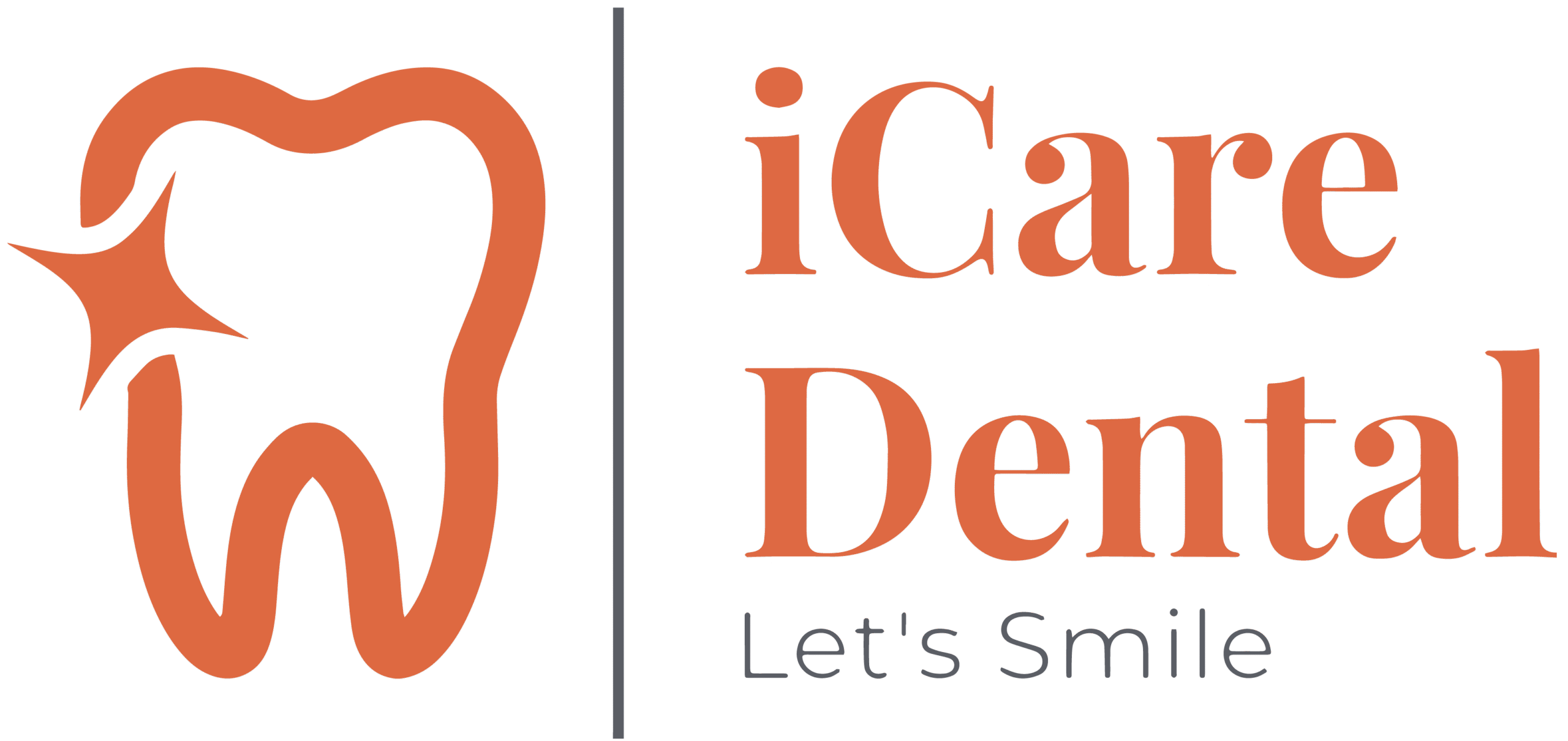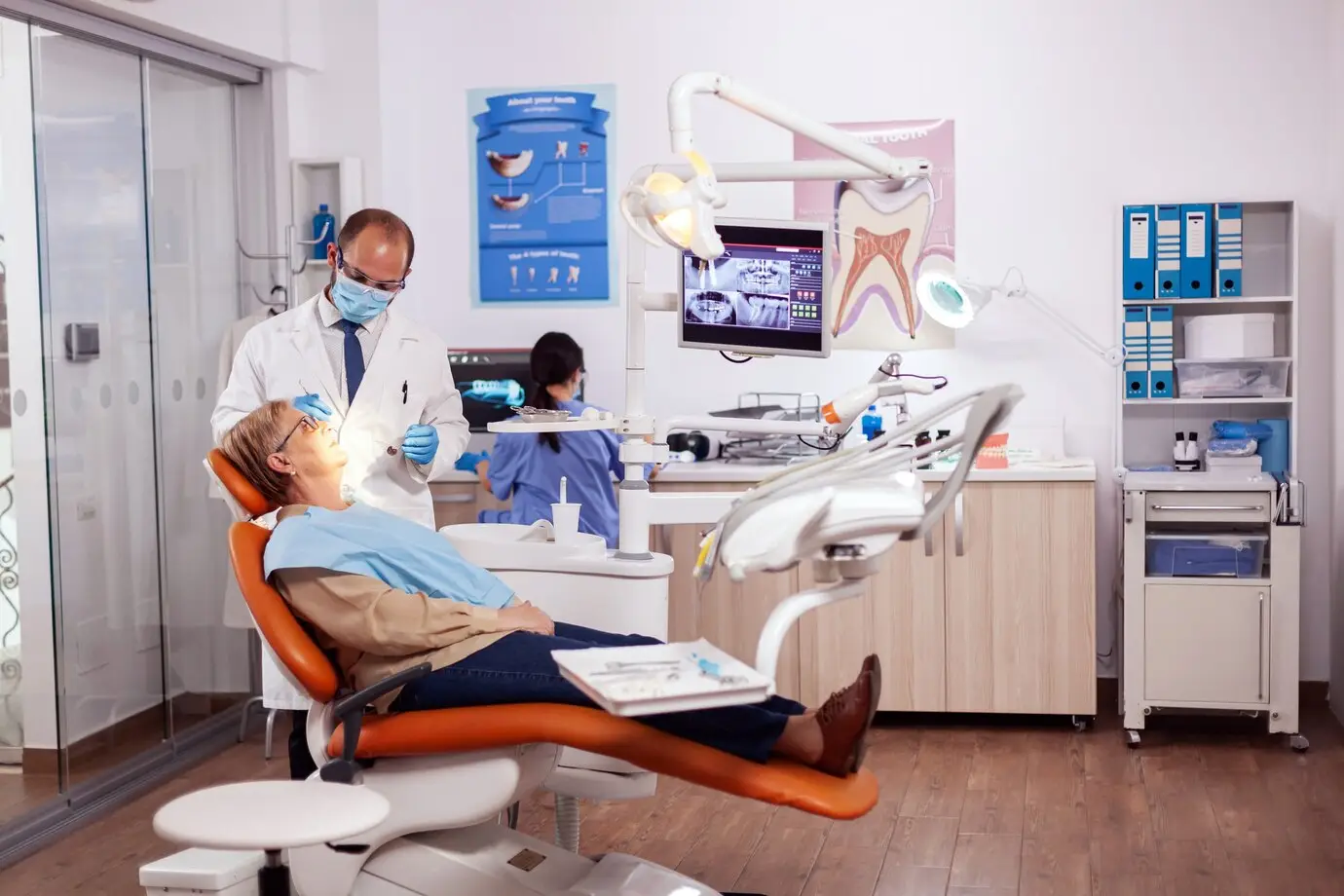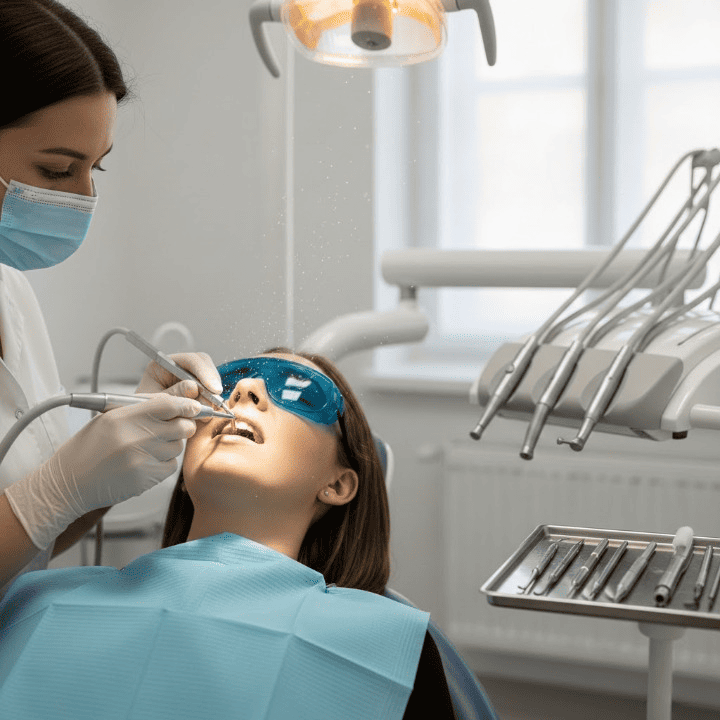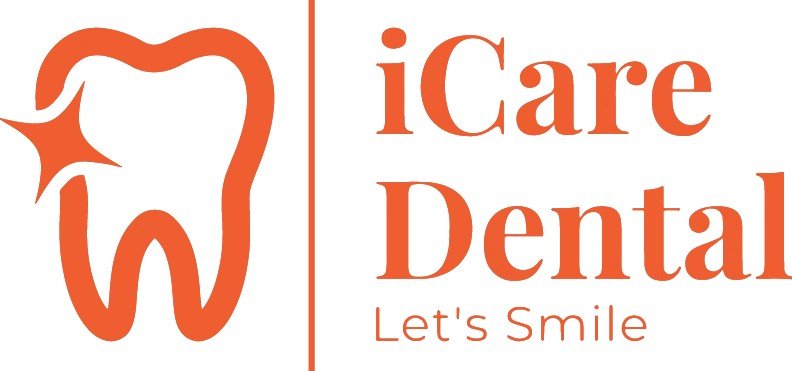Loss of teeth may affect many aspects of everyday living, including chewing ability and self-esteem. Rest assured, dental implants and dentures are dependable treatments offered by contemporary dentistry that can restore your smile. Your requirements, way of life, and financial situation will determine which of these options is best for you in the UK. So that you may make a well-informed selection, let’s look at both possibilities closely.
What Are Dental Implants?
Dental implants are a durable solution for the replacement of absent teeth. They entail the surgical insertion of a titanium post into the mandible, which serves as a durable foundation for a denture, bridge, or crown. Over time, implants integrate with the bone, providing a secure and functional replacement that closely resembles natural teeth. They are renowned for their natural appearance and durability.
Benefits of Dental Implants:
- Long-lasting and resilient, they frequently endure for an entire lifetime when treated with the appropriate care.
- Appearance and sensation are comparable to those of natural teeth.
- Stimulate the mandible to prevent bone loss.
- Contrary to dental bridges, they do not impact adjacent teeth.
Factors to Consider When Selecting Dental Implants:
- Sufficient bone density is necessary for successful placement.
- In comparison to dentures, there is a higher initial investment.
- A surgical procedure is required, which may not be suitable for all individuals.
What are dentures?
Dentures are prosthetics that are removable and are intended to replace the missing teeth and the adjacent tissue. They are available in two types: full dentures, which cover all teeth, and partial dentures, which cover a limited number of teeth. Dentures are typically secured in position with adhesive or clasps and lie on the molars.
Benefits of Dentures:
- Cost-effective in comparison to dental implants.
- Appropriate for individuals who have experienced substantial bone loss.
- An alternative that does not necessitate surgery.
- Effortlessly assembled and customised.
Factors to Consider When Purchasing Dentures:
- Necessitate consistent modifications as the gums’ contours evolve.
- Can result in a less secure feeling than implants.
- Initially, articulation and digestive efficiency may be impacted.
- Daily cleansing and maintenance are indispensable.
Comparing the two options
It is crucial to comprehend the distinctions between dental implants and dentures in critical areas, including cost, durability, maintenance, bone health, comfort, and appearance. These factors will assist in identifying the solution that is most compatible with your lifestyle and requirements.
Comfort and Appearance
For individuals who desire a natural and seamless smile, dental implants are the preferable option due to their ability to replicate the appearance and texture of natural teeth. Implants are highly comfortable for consuming and speaking, and they are virtually indistinguishable from natural teeth once they have been placed. Additionally, they provide a secure feel. Dentures, on the other hand, can significantly enhance the appearance of your smile; however, they may initially feel less natural. They rest on the gums and necessitate an adjustment period, during which some individuals may experience minimal discomfort or difficulty adapting to their fit. However, the majority of individuals eventually adjust to the necessity of wearing dentures.
Longevity and Durability
Implants are renowned for their durability, frequently enduring for decades or even a lifetime when properly maintained. They are a dependable and everlasting solution due to their persistent installation. Dentures, on the other hand, have reduced longevity, necessitating replacement every 5-8 years. This is the result of wear and strain, as well as alterations in the muscles of the mandible and gums that impact the fit. Implants are a valuable investment for individuals who are interested in a long-term solution due to their exceptional durability.
Maintenance and Care
Implants are relatively low-maintenance and can be maintained in the same manner as natural teeth, which involves routine dental check-ups, flossing, and cleansing. Many individuals find this simplicity to be a substantial advantage. However, dentures necessitate more extensive maintenance. To ensure hygiene and prevent odours, they must be removed daily for a complete cleansing that involves combing and submerging in a specialised solution. Furthermore, the gums may become infected or irritated as a result of the improper maintenance of dentures. Even though both alternatives necessitate a dedication to oral hygiene, implants provide a more straightforward maintenance regimen.
Bone Health
The capacity of dental implants to enhance bone health is one of their most noteworthy advantages. Implants maintain the natural structure of the face and mandible by providing stimulation that prevents bone loss by integrating with the jawbone. This is a critical advantage, as bone loss can result in a depressed facial aspect over time. Regrettably, dentures do not provide this advantage. In reality, the absence of stimulation in the mandible may exacerbate bone loss over time. Implants are the optimal option for those who are concerned about maintaining bone density.
Cost
Cost is frequently a determining factor in the decision between dental implants and dentures. The complexity of the procedure and the materials used are reflected in the higher initial cost of implants. Nevertheless, they are a cost-effective option in the long term due to their minimal maintenance costs and longevity. Dentures are an appealing alternative for individuals who are on a budget due to their lower initial cost. Nevertheless, they may be required to pay for recurring expenses such as cleaning solutions, replacements, and adjustments. The determination of the most cost-effective option is contingent upon the long-term priorities and individual circumstances.
FAQs
1. Can I switch from dentures to implants later?
Yes, many patients transition from dentures to implants. Your dentist will assess your bone density to ensure it can support implants.
2. Are dental implants painful to get?
The procedure is performed under local anesthesia, making it relatively pain-free. Mild discomfort during recovery can be managed with medication.3. How do I maintain dentures to last longer?
Clean your dentures daily with a soft brush and denture cleaner. Soak them overnight in a specialised solution to maintain their shape and freshness.






